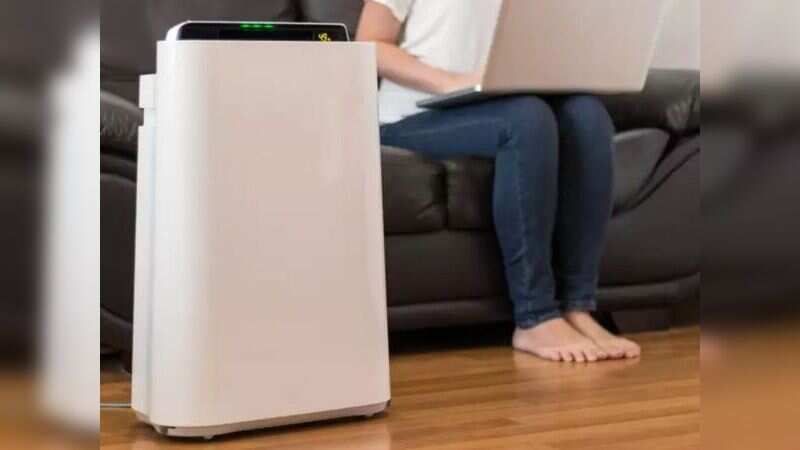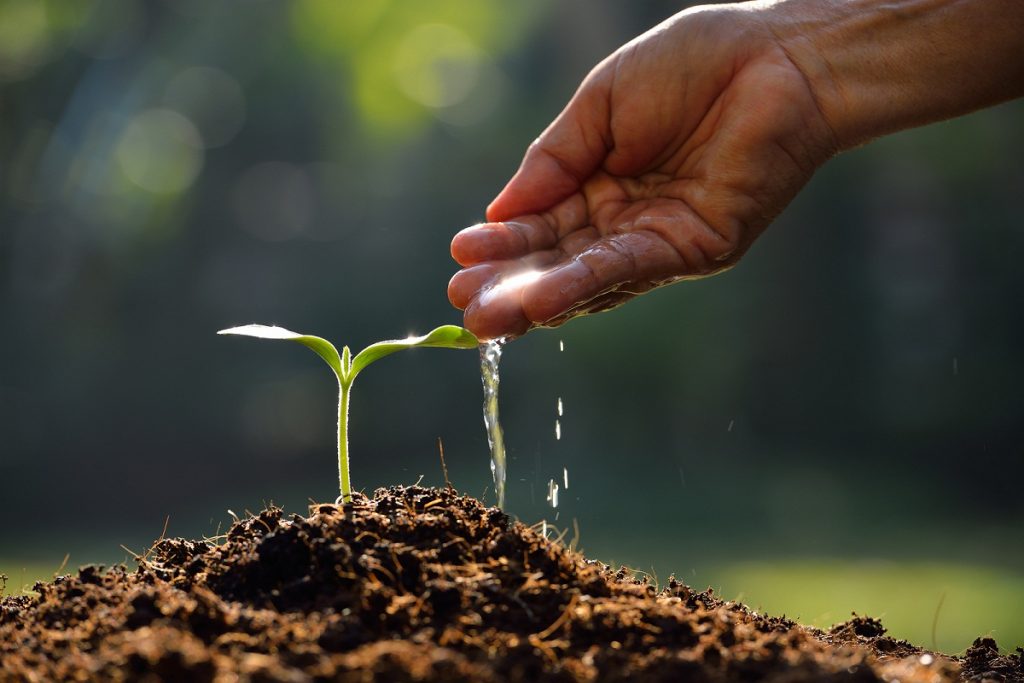When people think of air pollution, smokestacks from factories, dirty exhaust from trucks, and other things they believe they have no control over often come to mind. The truth is, the average consumer does have some control, and many personal habits contribute to adverse effects on air quality. How we travel, eat, cool and power our homes, and handle our waste products impacts the air we breathe. Here are some proven ways we can reduce air pollution.
Contents
Proven Ways We Can Reduce Air Pollution
Keep the car in shape
Regular inspections and checkups can maximize fuel efficiency, reduce emissions, and increase the operating life of a vehicle. A well-tuned car emits fewer gases and toxins into the air, which can contribute to health problems such as asthma and environmental issues like smog.
Check the tires
If the tires are not at the pressure specified by the manufacturer, then more fuel will be burned. Maintaining the tires and getting alignments when necessary will maximize the vehicle’s efficiency.
Use public transportation
The more people who take a bus or train, the fewer the cars there are on the road, and the fewer emissions there are. Another alternative is to carpool with friends or co-workers.
Take a walk

Walking to your destination, when the distance is within reason, releases no carbon dioxide or noxious gases into the air. Riding a bike is just as beneficial and can improve your physical well-being.
Avoid Wood Fires
While they may seem more natural than cars and trucks, wood fires are also a pollution source, producing smoke that is thick with the tiny pollution particles that penetrate deep into the body and are dangerous to health. Choosing not to light one is a simple way to reduce the pollution you — and your neighbors — breathe.
Turn the lights off
The power plants that supply electricity use fossil fuels, which are a major component of air pollution. By turning off lights when leaving a room, you can save a lot of energy and reduce electricity demand, which has a rippling effect.
Get efficient bulbs
Compact fluorescent and even LED bulbs use much less power than traditional types. They also tend to last longer than incandescent light bulbs
Consider an Air Purifier

Home air purifiers may provide some benefits. They can be particularly useful in the western United States, where smoke from increasingly frequent and intense wildfires has blanketed cities such as Los Angeles, San Francisco and Seattle, pushing pollution dangerously high, said Dr. Kari Nadeau, director of the Sean N. Parker Center for Allergy & Asthma Research at Stanford University, who has studied the devices’ effectiveness.
It is important to choose the right purifier — HEPA (High Efficiency Particulate Arrestance) models are best — and use it in a room of the size it is intended for, Dr. Nadeau said.
Work at home
From travel to consumption of resources at the office, working at home can reduce air pollution. Email, video conferencing, and cloud computing have made it possible to get the same tasks done, so pitch this to your employer as an eco-friendly proposition.
Use rechargeable batteries
A few of these and a charger are not that expensive. Plus, you don’t have to keep throwing out batteries, which contributes to landfills and processes that pollute the air; you also don’t have to keep buying new batteries.
Use green energy
Purchase solar panels, power derived from the wind, or even hydropower. You can reduce the demand on the power grid, save energy and cash, and reduce the strain on the environment from fossil fuels; also, in many places, there are tax incentives for using renewable energy.
Use cold water

Cold water and detergent will get your laundry clean. Avoiding hot water means the heater won’t consume the extra fuel that releases emissions into the environment.
Be an advocate
Start or join a local environmental group and participate in activities that focus on sustainability and reducing air pollution. If you have concerns about clean air, address these with local representatives or even government officials. Being vocal is a powerful tool, as is using all of these methods to help reduce air pollution.
Greening the city

Plants also help improving a city’s air quality. They convert carbon dioxide into oxygen, filter particulates out of the air and help to cool down cities subject to the “urban heat island” effect. Parks, green belts and green roofs are very important for a city’s climate. In towns like Dresden, special walls that serve as beds planted with moss have been set up in order to clean the air. One of these walls is supposed to filter as many particulates out of the air as 200 trees.





